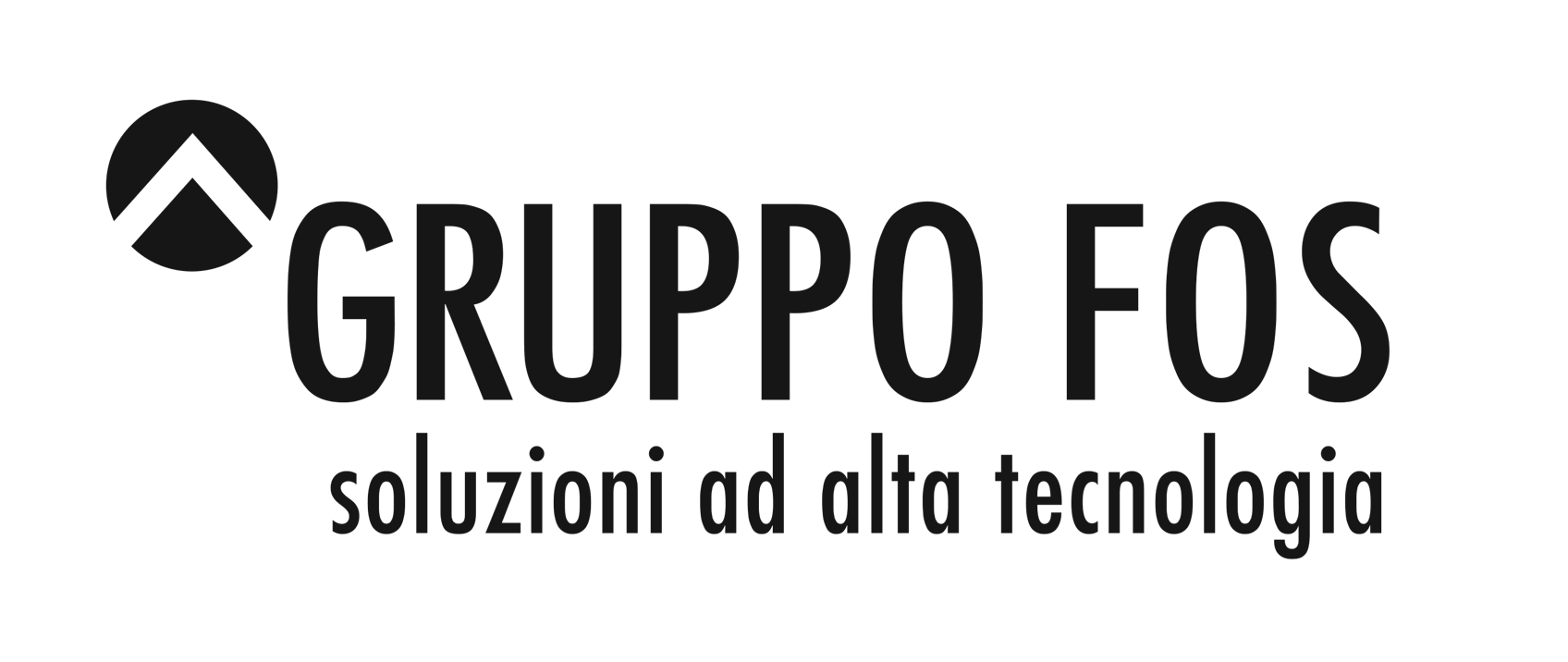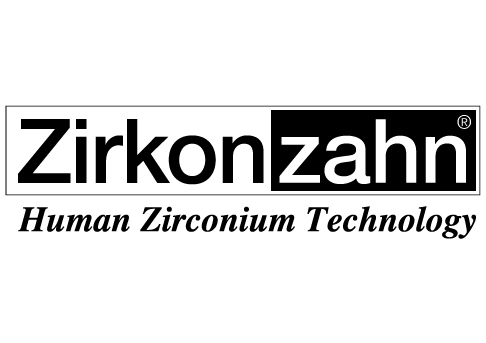During the winter period ice is likely to form on roads, making pavement surfaces slippery and increasing accident risk. The aim of the “CLEAN-ROADS” project was to forecast surface temperature in advance in order to support road maintenance services in the timely and effective preparation of preventive anti-icing measures. This support was provided through a Decision Support System based, among other components, on the numerical model METRo. METRo is an open source system originally developed and applied in Canada. During the CLEAN-ROADS project it was modified and adapted to an Alpine context, applying the forecast algorithm to a test route along the Adige Valley. This forecast is however local and does not take into account typical peculiarities along road network, such as the presence of road sections that are particularly prone to ice formation. Therefore the fusion with other data sources was foreseen, in order to improve results. Thermal mapping measurements through infrared thermometry permitted to map road sections and thus extend the forecast from a single road and meteorological station to adjacent areas. The processing of thermal mapping signals is however challenging because of random variations in the road surface emissivity. To overcome this several thermal mapping traces were analyzed through automatic algorithms in order to define a “characteristic” thermal fingerprint as a function of all its historical thermal mapping signals. The final result has been used to spatialize local METRo forecasts. Preliminary results suggest the high potential of such a technique for winter road applications. The algorithms were written in Python language and the results were presented on a web page.






























